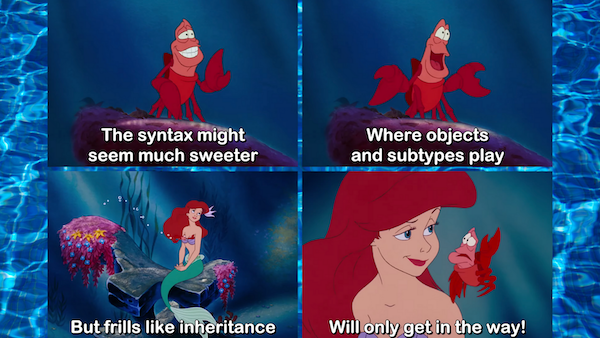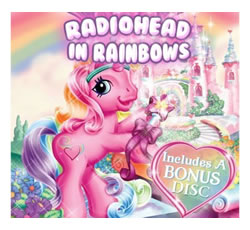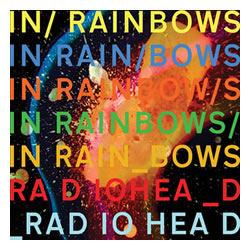Back in the 1980s, I was a regular reader of Keyboard magazine. I always rolled my eyes at the two-page ad spread usually near the middle of the magazine that bore the headline “Don’t let them do DAT”, a campaign whose purpose was to keep DAT — that’s digital audio tape — recorders out of consumers’ hands. The worry was that giving consumers access to technology that could produce recordings that could be duplicated perfectly would kill the music industry (you young’uns would laugh at the audio fidelity of compact cassettes). The ad looked like a contest — in exchange for adding your name to their list of musicians who wanted to keep technology out of people’s hands, you’d get a chance to win some nice musical gear. Needless to say, I never participated in that silly campaign, which these days seems as quaint as Ned Ludd and his followers.
That’s not the first time that there’s been tension between musicians and technology. Back in the late 1920s and early 1930s, movies with sound were still new. Most films were “silent films” with the dialogue appearing on screen and music performed by live musicians in the theatre, a la Vern and Johnny, the vaudeville duo from Family Guy:
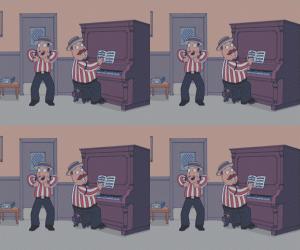
Here’s an ad that talks of the dangers of using recorded music in movies instead of musicans from 1931 titled The Robot at the Helm:
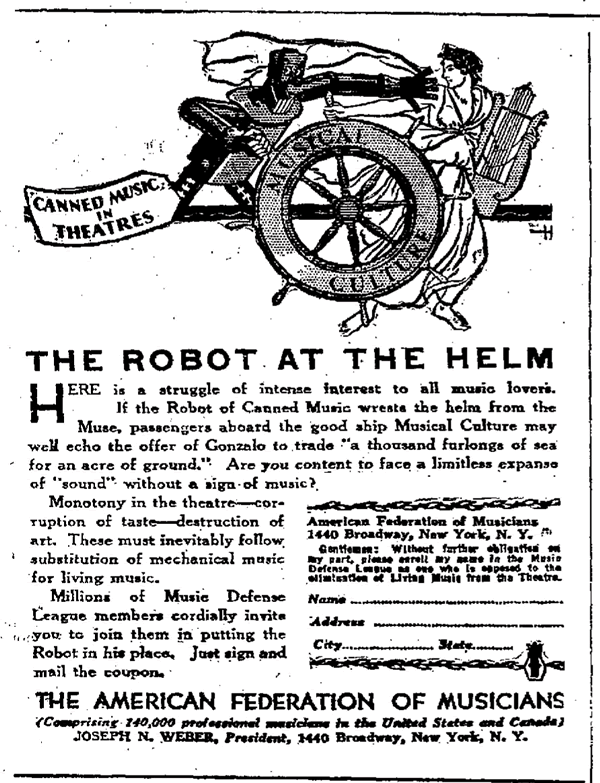
Image courtesy of the Paleo-Future blog. Click the picture to see the source article.
Here’s the text of the ad:
Here is a struggle of intense interest to all music lovers. If the Robot of Canned Music wrests the helm from the Muse, passengers aboard the good ship Musical Culture may well echo the offer of Gonzalo to trade “a thousand furlongs of sea for an acre of ground.” Are you content to face a limitless expanse of “sound” without a sign of music?
Monotony of the theatre — corruption of taste — destruction of art. These must inevitably follow substitution of mechanical music for living music.
Millions of Music Defense League Members cordially invite you to join them in putting the Robot in his place. Just sign and mail the coupon.
As neat as having live musicians performing in sync to films would be — and hey, there’s room for that sort of thing — if anything is killing art, I’d say it’s Hollywood’s lack of creativity.
[Image from the Paleo-Future blog. Cross-posted to The Adventures of Accordion Guy in the 21st Century.]
